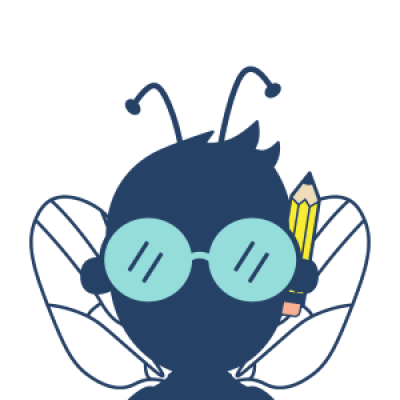 The D.C. charter board has rejected the application for the proposed One World Public Charter School, whose high-status organizers include a former Sidwell Friends principal—due in part to “multiple grammatical and spelling errors” in the application. The board also rejected six other applications while okaying just two: a Montessori elementary and an adult-education program, both of which had been turned down in previous years and came back with stronger applications. Hat tip to the D.C. charter board for showing us how quality authorizing is done.
The D.C. charter board has rejected the application for the proposed One World Public Charter School, whose high-status organizers include a former Sidwell Friends principal—due in part to “multiple grammatical and spelling errors” in the application. The board also rejected six other applications while okaying just two: a Montessori elementary and an adult-education program, both of which had been turned down in previous years and came back with stronger applications. Hat tip to the D.C. charter board for showing us how quality authorizing is done.
The online-education provider Khan Academy—with a little help from a $2.2 million Helmsley grant—has announced a plan to develop online, Common Core–aligned math tools for teachers and students. Hat tip number two!
After a bit of competition from within the ranks, the always-controversial Karen Lewis has been reelected to lead the Chicago Teachers Union. You get the champagne, we’ll get the party hats, and CTU will break out the celebratory lawsuits.
On Monday, Education Secretary Arne Duncan announced that three more states—Alaska, Hawaii, and West Virginia—will be granted NCLB waivers, bringing the tally to thirty-seven. This is another win for Hawaii, which (finally) eked out a teacher-contract deal just last month—and which just might get to keep its Race to the Top dollars, too. In the meantime, seven states remain in “waiver purgatory,” while a group of California districts have jointly applied for their own waiver.
According to a report issued by the U.S. Census Bureau this week, public education dollars fell to an average of $10,560 per public school student in 2011, a drop of 0.4 percent—the first annual decline since at least 1977 (the first year that the Census recorded per-pupil education spending). While a recession is far from good news, there are ways that school districts can cope—and even thrive—in tough times.
